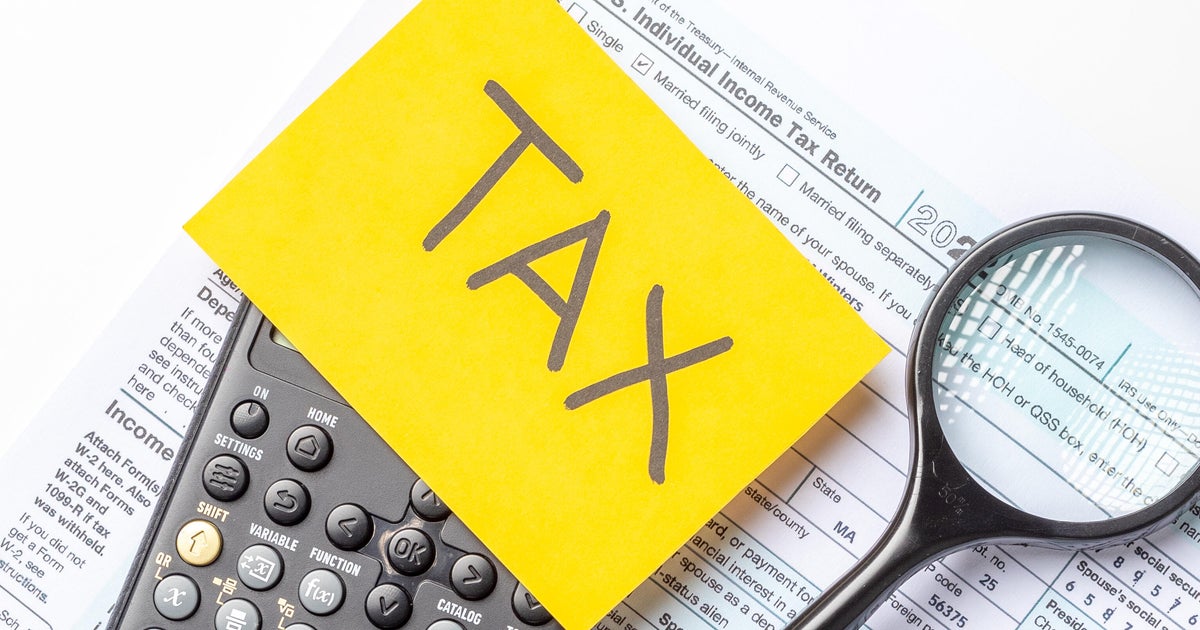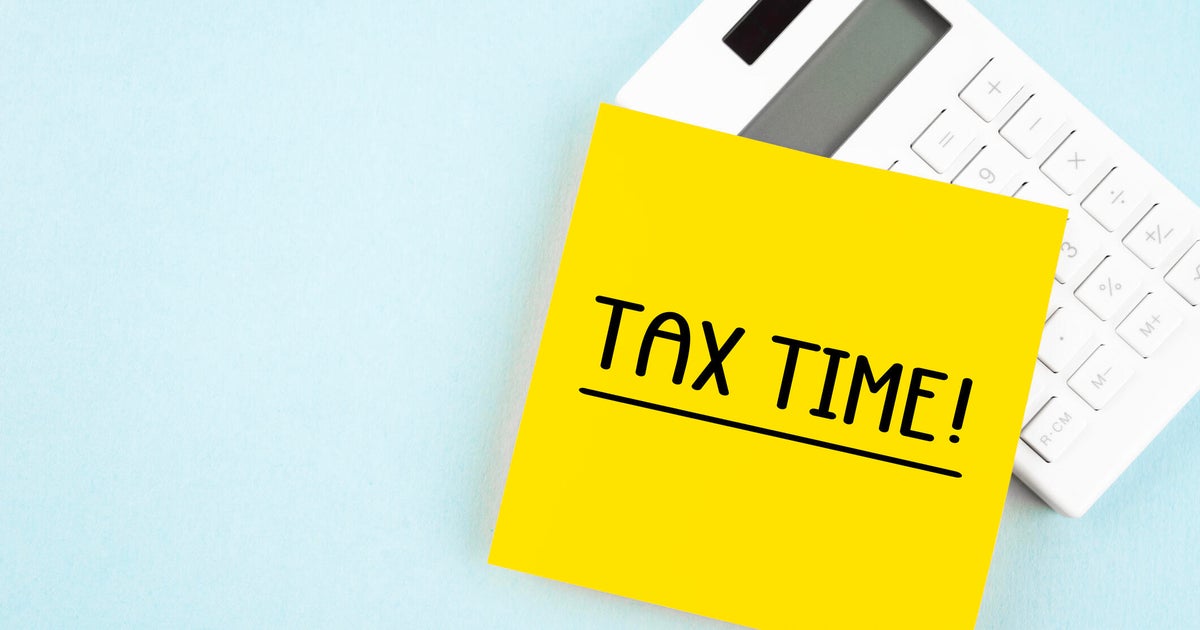IRS admits Black taxpayers are more likely to get audited
The IRS on Monday said an internal investigation has found that Black taxpayers are audited at higher rates than would be expected given their share of the U.S. population.
The findings come after researchers earlier this year found that Black Americans are up to five times more likely to have their federal tax returns audited than taxpayers of other races.
The tax agency's acknowledgement comes after lawmakers and policy experts called on the IRS to review its auditing processes following the findings about about Black taxpayers. An earlier analysis also found that low-income Americans are five times as likely to get audited than any other filer, primarily because of the Earned Income Tax Credit (EITC), a benefit aimed at low-wage workers that has a high rate of erroneous claims.
"[O]ur initial findings support the conclusion that Black taxpayers may be audited at higher rates than would be expected given their share of the population," IRS Commissioner Daniel Werfel wrote Monday in a letter to the U.S. Senate.
The IRS, which received $80 billion in funding through the Inflation Reduction Act, plans to use some of that money to "understand any potential systemic bias in compliance strategies and treatments," Werfel noted.
Some lawmakers called for change following Werfel's admission that Black Americans are more likely to be audited by the IRS.
"Back in March my colleagues and I raised alarms to the new IRS boss about Black taxpayers being over-audited and today he confirmed our suspicions," wrote Rep. Bill Pascrell, Jr., a Democrat from New Jersey, on Twitter. "The IRS is making strides but extra audits of Black Americans is disgraceful and must end."
AI to blame?
The agency said it will evaluate its processes to determine the source of racial disparities, with Werfel noting that it is considering changing how it chooses which tax returns to audit. The IRS doesn't track the race of filers, but the study from earlier this year claimed the higher audit rate for Black taxpayers is due to a flawed artificial intelligence algorithm relied on by the IRS to decide who gets audited.
The IRS may change its process to focus on "broader tax issues" instead of the EITC, Werfel wrote. As many as half of tax returns claiming the EITC mistakenly claimed too much, while others sometimes incorrectly claim the credit when they aren't eligible, according to the conservative Heritage Foundation.
"We will work to identify any disparities across dimensions including age, gender, geography, race, and ethnicity as well as continually refining our approaches to compliance and enforcement to improve fairness in tax administration and maintain accountability to taxpayers as informed by our research," Werfel noted in the letter.







